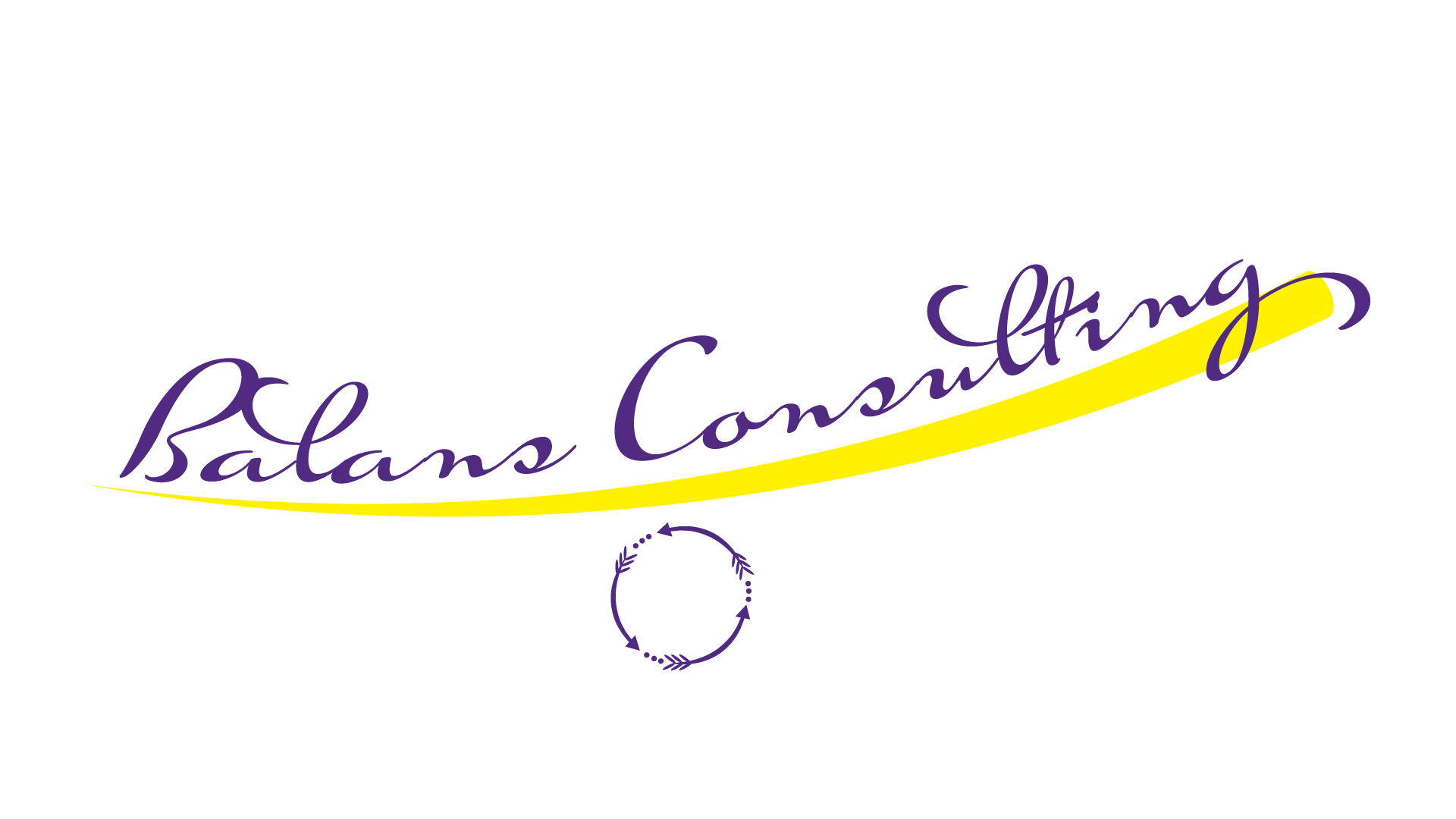The Paycheck Protection Program (PPP) was created as a part of the CARES Act for coronavirus aid. This program was created to help small businesses by providing funds to pay up to 8 weeks of payroll and benefit costs. While the PPP loan was extremely beneficial to so many businesses, a great deal of confusion arose as to how the loan would be treated for taxes. Thankfully, the recently passed COVID-19 relief bill has cleared up this confusion. Taxpayers will not get taxed on these loans, as it is excluded from net income, and PPP recipients will also be able to deduct any business expense that were paid with the forgivable loans.
In addition to clarifying the tax treatment of the PPP loans, this relief bill also states that there is a second round of PPP loans for small businesses. Businesses who received the previous PPP loan are eligible for this second one if they:
- Already have or will use the entire amount of the first PPP loan
- Have less than 300 employees
- Can show a decrease in gross revenue of 25% in any quarter in 2020 compared to that same quarter in 2019
On top of this, this second PPP loan will also be eligible to first-time borrowers if they fall under one of the following categories:
- A business with less than 500 employees that are eligible for other SBA 7(a) loans
- Not-for-profits, churches included
- Independent contractors, eligible self-employed individuals, and sole proprietors
- Accommodation and food service operations that have less than 300 employees per location

